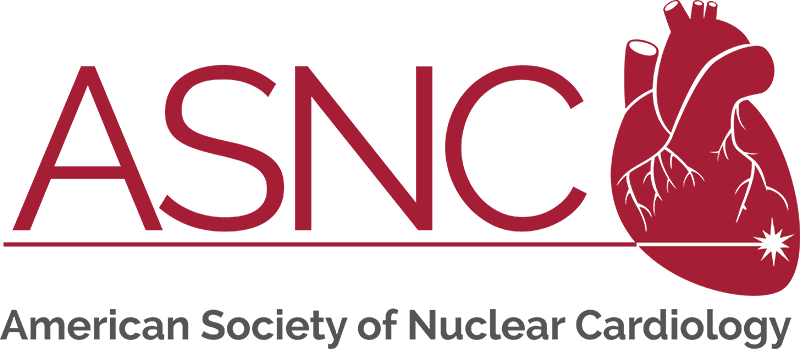Earn valuable continuing medical education credit while increasing your knowledge of the latest developments in the field of nuclear cardiology. Each issue of ASNC’s Journal of Nuclear Cardiology features an article designated for continuing education (CME/CE) credit for physicians and technologists.
Activity awards 1 AMA PRA Category 1 CreditTM and 1 ARRT Category A credit with each article.
Pricing:
Members: Free
Non-members: $50
Continuing Education Term of Approval:
The following continuing education activities are valid for one year from the date of issue or until the expiration dates listed for each article.
| Issue | CME Instructions & Article Title | Credits | Expiration Date |
|---|---|---|---|
| Volume 48 | Temporal changes in PET myocardial flow reserve: Implications for cardiovascular outcomes | 1.0 | June 8, 2026 |
| Volume 45 | Infection vs inflammation in prosthetic heart valves by [18F]FDG-PET/CT: A practical tutorial for accurate interpretation | 1.0 | March 18, 2026 |
| Volume 41 | Cardiac positron emission tomography and other modalities for coronary artery disease assessment: A snapshot from the medicare data | 1.0 | December 9, 2025 |
| Volume 38 | Splenic switch-off in [15O]H2O-positron emission tomography myocardial perfusion imaging using parametric blood flow images | 1.0 | August 29, 2025 |
Target Audience & Overall Purpose Statement:
This activity is targeted at imaging professionals and is intended to provide the latest information on clinical practice and cutting-edge scientific advances in nuclear cardiology and cardiac imaging.
Accreditation & Continuing Education Credit:
FOR PHYSICIANS: The American Society of Nuclear Cardiology (ASNC) is accredited by the Accreditation Council for Continuing Medical Education (ACCME) to provide Continuing Medical Education (CME) credit for Physicians. ASNC designates each Journal-based CME activity for a maximum of 1 AMA PRA Category 1 CreditsTM. Physicians should only claim credit commensurate with the extent of their participation in the activity.*
FOR TECHNOLOGISTS: The American Society of Nuclear Cardiology is a recognized provider of continuing education credit for Technologists. ASNC’s Continuing Education (CE) credit is accepted by both NMTCB and ARRT. Each Journal-based activity has been approved for a maximum of 1 ARRT Category A credits for technologists.*
Processing Fees: ASNC members may claim continuing education credits at no charge. Non-members will be charged $50 per activity.
Faculty Disclosure:
As an accredited provider of the Accreditation Council for Continuing Medical Education (ACCME), the American Society of Nuclear Cardiology (ASNC) adheres to the ACCME’s Standards for Integrity and Independence in Accredited Continuing Education. In compliance with these standards, it is ASNC’s policy to ensure balance, independence, objectivity, and scientific merit in all of its educational activities through the disclosure of all financial relationships with ineligible companies and mitigation of conflicts of interest. The financial interest or relationships requiring disclosure are outlined in ASNC’s CME Conflict of Interest Policy. All persons who influenced the content of this activity are required to disclose all financial relationships. The American Society of Nuclear Cardiology has reviewed these disclosures and mitigated or managed all identified conflicts of interest through a peer review process.
Individual disclosures for authors, reviewers, and staff are listed with each article.
Method of Participation:
To receive a statement of credit, participants must successfully complete the quiz and evaluation questions after reading and reflecting on the article. The participant selects the single most appropriate answer for each question. A score of 75% or higher is needed to pass the quiz. The participant can resubmit the quiz with modified answers up to three times. After successfully completing the quiz and evaluation, participants can generate their certificate of credit.
Related Resources
PET Case: Cardiac PET in Apical HCM – A Case Series
Case summary: This case series illustrates the value of myocardial blood flow…
PET Case: Role of PET/CT Myocardial Perfusion Imaging in Post-Surgical Evaluation and Management of ALCAPA
Case summary: This case highlights the utility of PET myocardial perfusion imaging…
Ready for PET: Clinical Value of Cardiac PET
This content is an exclusive benefit for ASNC members. If you’re an…

